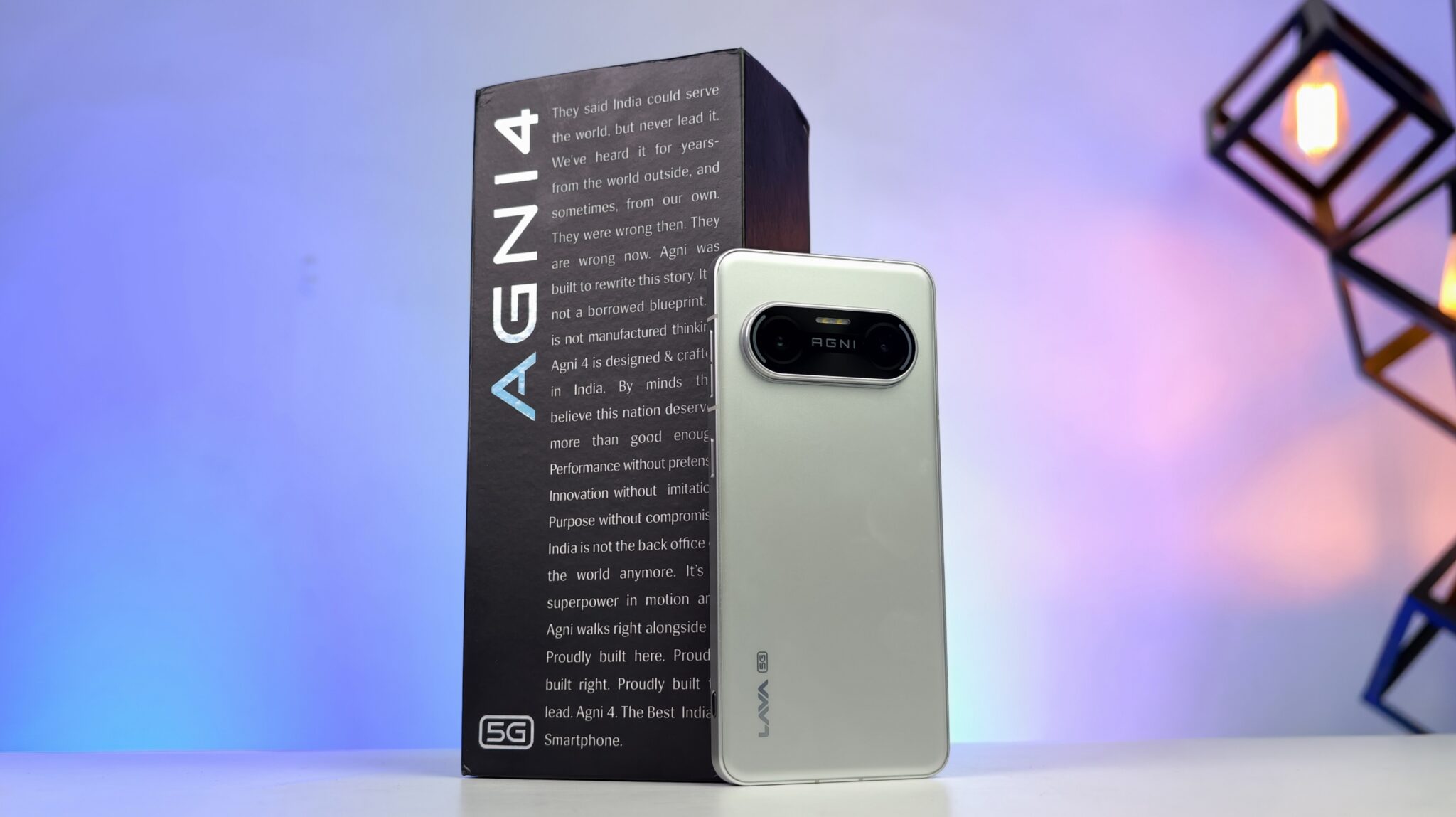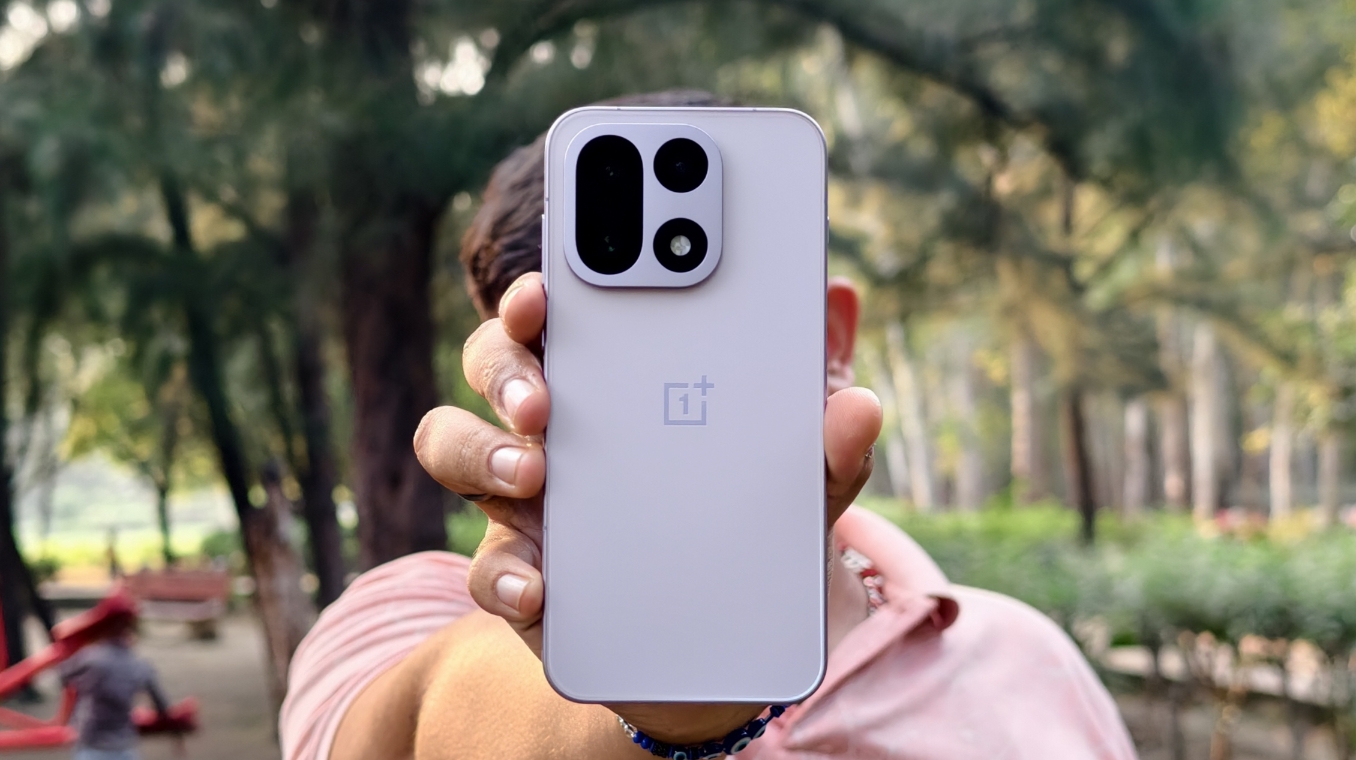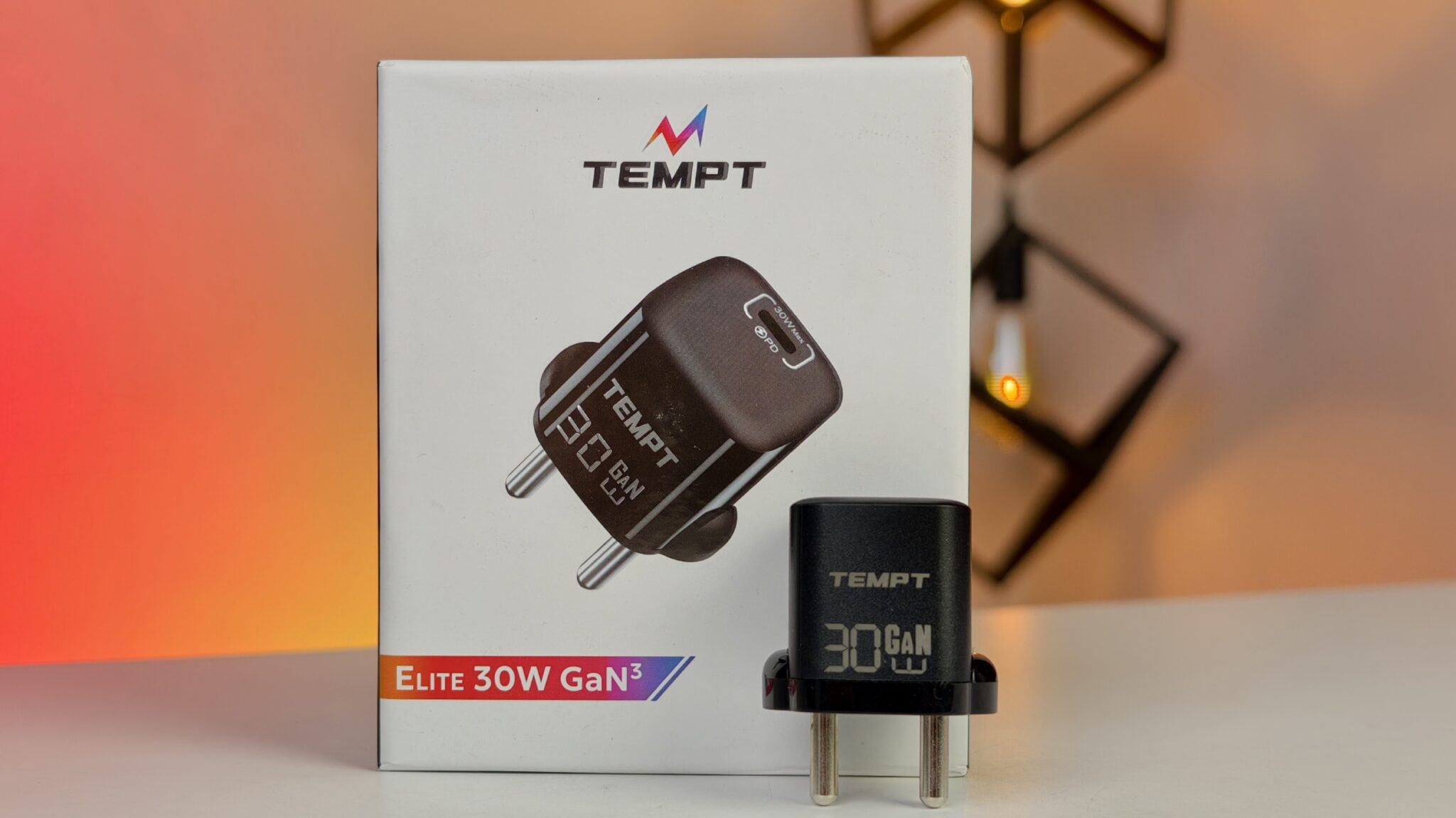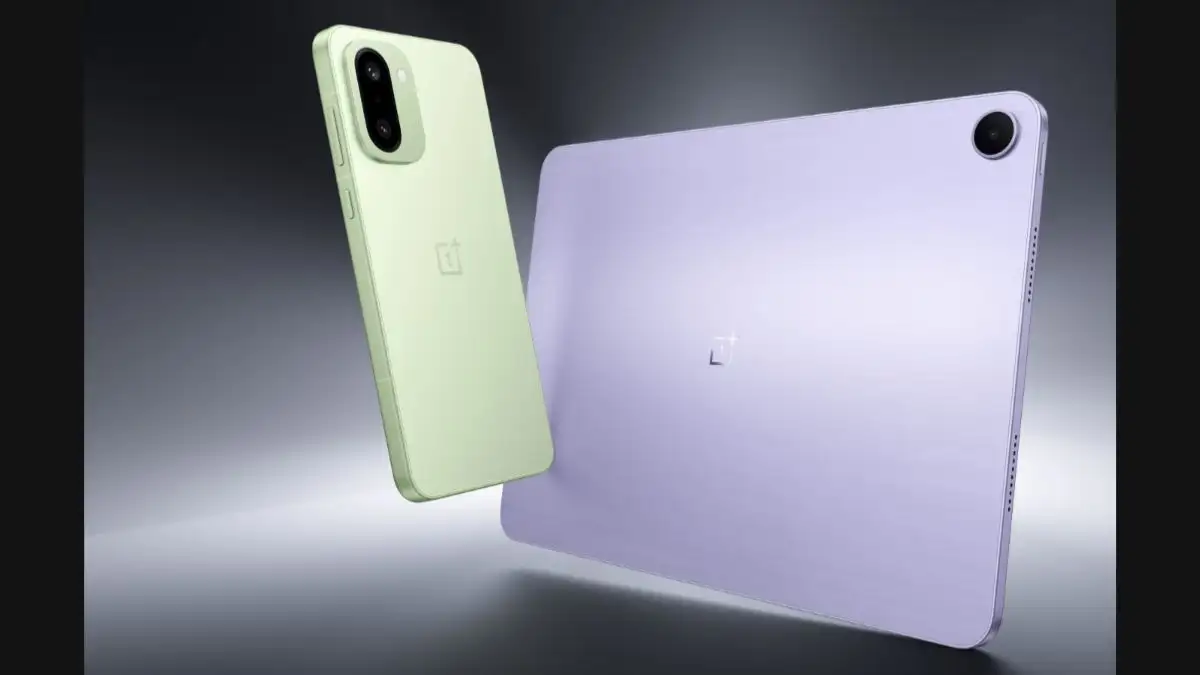Google is reportedly doubling down on its silicon strategy with the upcoming Pixel 10 smartphone. Sources suggest the device will feature the next-generation Tensor G5 chipset, and crucially, this iteration will boast a fully custom-designed Image Signal Processor (ISP) developed entirely by Google. This move signifies a major shift in Google’s approach to mobile photography, promising a level of control and optimization previously unattainable.
For years, Pixel phones have consistently ranked among the best in mobile photography, largely due to Google’s computational prowess and sophisticated software algorithms. While the current Tensor chips already include custom-designed components, the ISP has reportedly relied on existing architectures or collaborations. A fully custom ISP designed from the ground up by Google signals a new era, allowing the company to tailor the image processing pipeline precisely to the Pixel’s camera hardware and software.
This development has generated considerable buzz within the tech community. Experts believe that a custom ISP will grant Google greater flexibility in implementing advanced imaging features and further refine the already acclaimed Pixel camera experience. The ISP is the heart of a smartphone’s camera system, responsible for tasks ranging from capturing raw data from the image sensor to processing it into the final photo or video. This includes crucial steps like noise reduction, color accuracy, dynamic range optimization, and autofocus.
By designing its own ISP, Google can tightly integrate it with its machine learning algorithms, the cornerstone of Pixel’s computational photography. This deep integration could lead to significant improvements in areas like Super Res Zoom, Night Sight, and portrait mode, potentially pushing the boundaries of what’s possible with smartphone cameras. Imagine even faster processing times for complex computational tasks, resulting in a smoother and more responsive camera experience.
Furthermore, a custom ISP could unlock entirely new imaging capabilities. Google might be able to implement specialized hardware acceleration for specific tasks, leading to features we haven’t seen on smartphones before. This could involve advanced object recognition for more accurate scene understanding, improved low-light performance beyond current capabilities, or even new ways to manipulate and enhance images and videos in real time.
Industry analysts point to Apple’s success with its custom A-series and M-series chips, which include their own ISPs, as a potential inspiration for Google’s move. Having complete control over the hardware allows for better performance, power management, and feature differentiation. This strategic shift could position the Pixel 10 as a leader in mobile photography, further solidifying Google’s reputation in this highly competitive space.
The development of a fully custom ISP is a complex and resource-intensive undertaking. It requires a significant investment in research and development, as well as a team of highly skilled engineers. This move indicates Google’s long-term commitment to the Pixel line and its ambition to deliver a truly differentiated smartphone experience.
While official details about the Tensor G5 and the Pixel 10 are still scarce, the prospect of a custom Google ISP has generated considerable excitement among Pixel enthusiasts and the broader tech community. The Pixel 9, expected later this year, will likely provide further clues about Google’s silicon roadmap. Many will be watching closely to see what advancements the Tensor G5 will bring, and how the fully custom ISP will translate into real-world camera performance on the Pixel 10.
The implications of this move extend beyond just photography. A custom ISP could also benefit other aspects of the Pixel experience, such as video recording, augmented reality applications, and even on-device machine learning tasks that rely on visual data. This holistic approach to silicon design could lead to a more cohesive and powerful user experience across the board.
For Pixel users, this news is undoubtedly encouraging. It suggests that Google is not content with incremental improvements and is instead aiming for a significant leap forward in camera technology. The Pixel 10, with its custom Tensor G5 ISP, has the potential to redefine mobile photography and set a new standard for the industry. The wait for its arrival will be filled with anticipation as users eagerly await to see the fruits of Google’s in-house silicon development. This move signals a clear intent from Google: to not just compete, but to lead in the smartphone market by leveraging its unique expertise in software and now, fully custom hardware.



















